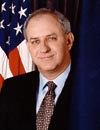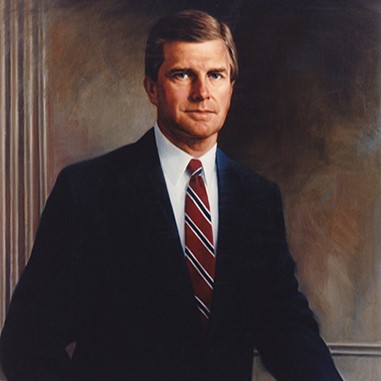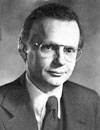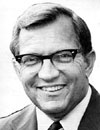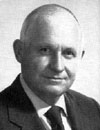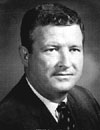South Carolina
Gov. Coleman Livingston Blease
- January 17, 1911 - January 13, 1915
- Democratic
- October 8, 1868
- January 19, 1942
- South Carolina
- Newberry College, University of South Carolina, Georgetown University
- Married twice--Lillie B. Summers (died 1934), Caroline Floyd Hoyt
- Resigned
- Senator
About
COLEMAN LIVINGSTON BLEASE was born near Newberry, South Carolina. He attended both Newberry College and the University of South Carolina and was awarded an LL.B. degree from Georgetown University in 1889. After being admitted to the South Carolina Car, he practiced law with his brother in Newberry. He was a member of the South Carolina legislature for a number of non-consecutive terms, and in addition served as both City Attorney and Mayor of Newberry. After being defeated twice for Lieutenant Governor, he won the position in 1904. Likewise, he ran twice for governor before being elected in 1910. During his gubernatorial administration, the Medical College of Charleston became a state institution and the University of South Carolina Press was founded. As governor, Blease became known nationwide for liberally exercising his pardoning power–granting pardons or parole to roughly 2,000 convicts. He also vetoed more legislation than had any of his gubernatorial predecessors. At the same time, his administration was known for improving efficiency and checking waste and extravagance. Blease was also a promoter of public health and education. After serving nearly four years as governor, he resigned just five days before his second term expired. One week before leaving office, he disbanded the South Carolina Militia over a dispute with the federal government regarding the militia’s inefficiency. He remained active in Democratic politics, serving as a delegate to state conventions, as a member of the State Executive Committee, as president of the State Democratic Convention in 1926, and as a delegate to the Democratic National Convention in 1936. Blease served in the U.S. Senate from 1925 to 1931 and was elected by the state legislature to the South Carolina Unemployment Commission in 1941. He died the following year.
Source
Sobel, Robert, and John Raimo, eds. Biographical Directory of the Governors of the United States, 1789-1978, Vol. 4. Westport, CT: Meckler Books, 1978. 4 vols.
The National Cyclopaedia of American Biography, Vol. 15. New York: James T. White & Company.




